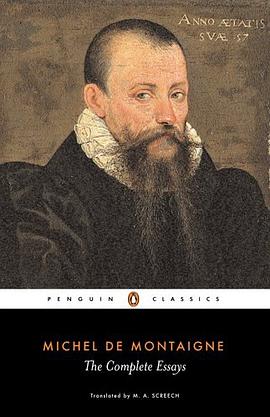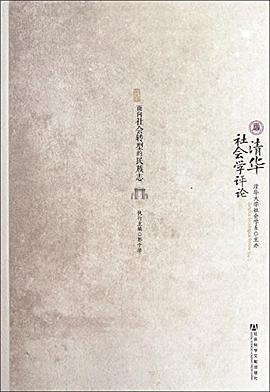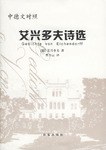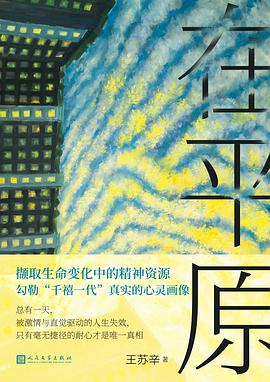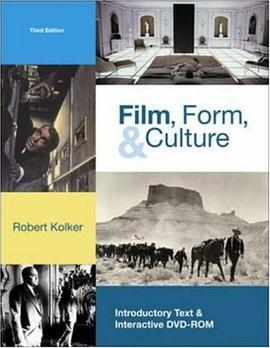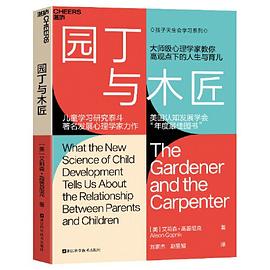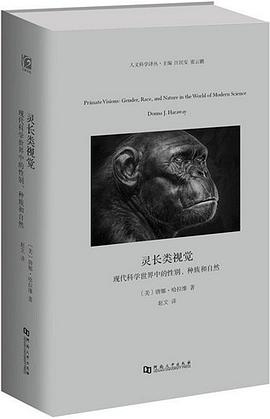The Complete Essays
内容简介
In 1572, Montaigne retired to his estates in order to devote himself to leisure, reading and reflection. There he wrote his constantly expanding 'essays', inspired by the ideas he found in books from his library and his own experience. He discusses subjects as diverse as war-horses and cannibals, poetry and politics, sex and religion, love and friendship, ecstasy and experience. Above all, Montaigne studied himself to find his own inner nature and that of humanity. The Essays are among the most idiosyncratic and personal works in all literature. An insight into a wise Renaissance mind, they continue to engage, enlighten and entertain modern readers.
......(更多)
作者简介
Born in 1533, Montaigne studied law and spent a number of years working as a counsellor before devoting his life to reading, writing and reflection. He died in 1586. Dr M.A. Screech is regarded as the world's greatest authority on Montaigne.
......(更多)
目录
......(更多)
读书文摘
感情處於最激烈動盪的時刻,我們不善於唉聲歎息,訴說衷腸,精神上疑慮重重,肉體也因相思而慵懶無力。 有時會出現意料不到的機能不足,不合時宜地襲擊著有情人,由於極端熱情,就在享受懷抱的時刻,突然如同跌入了冰水中。一切讓人體驗與回味的熱情,都只是平凡的熱情, 小悲易表情,大悲無聲音。 ——塞涅卡
我相信人最难做到的是始终如一,而最易做到的是变幻无常。 我们不是在走路,而是在漂流;受到河水的挟制,根据潮水的涨落,时而平静,时而狂暴。
......(更多)
